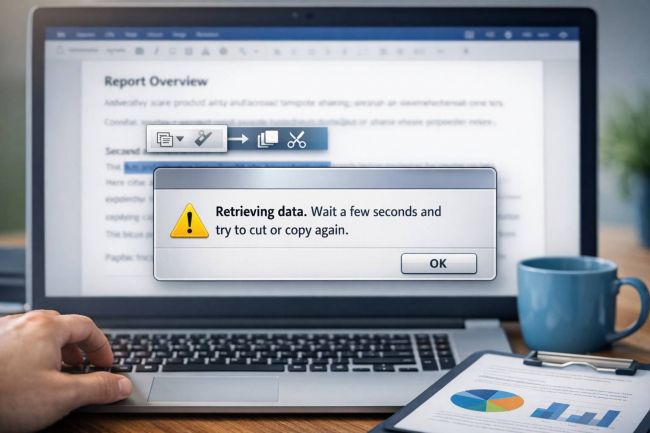Millions of users, ranging from companies to individuals, use proxy servers to enhance online security, access restricted content, and optimize network performance. If it's cybersecurity that you are worried about, unrestricted access, or something to do with business, then learning about proxy technology is not an option anymore- it's a necessity. So, want to know more about residential proxies and how they can enhance your privacy online? Read on.
Basics of Residential Proxies
With privacy and access challenges in the digital world, proxies work as intermediary servers between users and the internet. They provide solutions to these challenges and offer other benefits, such as enhanced security and optimized bandwidth.
Residential proxies access the web by simulating a real home network. It usually forwards your request to the target site, collects data, and returns the results to the user without revealing your real IP address. This makes residential proxy the best solution when it comes to online privacy and seamless connectivity.

How Residential Proxies Enhance Online Security
Residential proxies mainly implement the following mechanisms to ensure the privacy and security of data collection:
- IP address hiding: Residential proxies assign virtual residential IP addresses to users to hide their real IP addresses when accessing the websites. Consequently, the target website cannot track the user's real identity and location through the IP address.
- Encrypted communication: Communication between the static residential proxy and the user is encrypted to protect data during transmission. Even if the transmission was intercepted, the attackers still couldn't decrypt and obtain the sensitive information. Services like IPRoyal's static residential proxies emphasize this level of security while offering reliable and private connections.
- Protects Digital Fingerprint: Various websites and online platforms trace users through digital fingerprints. This is a collection of locally unique identifying markers extracted from your IP address, device, and browser. Residential proxies help prevent your digital fingerprint. They switch your IP address and route your requests through different devices, thus masking your identity.
Key Benefits of Residential Proxies
Thanks to their specific characteristics, residential proxies offer many advantages. The most relevant include:
Bypassing Geo-Restrictions
Geographic restrictions sometimes constrain access to extremely valuable online resources and entertainment sites. Usually, some entertainment sites offer access to their platforms to people depending on their location. A proxy server will allow the user to log in from different regions. This would open access to some region-specific content, research materials, and services unavailable in your area.
Most streaming services, educational platforms, and business resources available today use geo-blocking techniques. Therefore, if you want to access a geo-restricted site, you can use residential proxies. This makes proxies an integral part of genuine website access. Modern-day proxy servers have specialized individual servers optimized for streaming and content access, which ensures unimpeded performance and a reliable connection.
Optimizing Network Performance
Proxy software substantially helps improve network performance through cache and load-balancing mechanisms. By storing regularly accessed content locally, residential proxies usually minimize bandwidth consumption. This helps reduce the time it takes a page to load. This technique is especially important for companies with bulk traffic or operating with minimal bandwidth resources.
With proxy servers, workloads can be shared through many servers, so there are no bottlenecks, and the performance is constantly high. They also compress data before delivery. These optimizations provide a better user experience, reduce operational costs, and lead to more efficient resource use. Individual organizations can define cache policies and optimizations that best suit their needs and infrastructure requirements.
Safeguarding Against Cyber Threats
Resident proxies help keep the IP address of a device under the radar. The primary objective of this is to prevent it from direct attack. This layer of anonymity makes it hard for cybercriminals to trace the actual user from the online activity, thus reducing the risks of being targeted.
Needless to say, the rotation feature of residential proxies makes it even more difficult to target a specific business or an individual. By successfully deploying various residential IPs, a company can offset its vulnerability to cybersecurity risks and keep sensitive information tightly safe.
Supports Secure Remote Access
With the growth of remote work, remote access to company systems and networks must be secured. Residential proxies allow employees to easily access sensitive data or internal resources from outside the internal network without worrying about being intercepted.
They mask employees’ IP addresses, allowing them to connect safely and prevent unauthorized access or cyberattacks. For example, if a user tries to access company resources from an unauthorized location, the proxy could effectively block it.
Conclusion
Residential proxies are very important in the current world. They give users the chance to browse the internet anonymously and safely while still enjoying the experience. Now that you know more about their benefits and use cases, you should probably give them a try!
Post Comment
Be the first to post comment!





